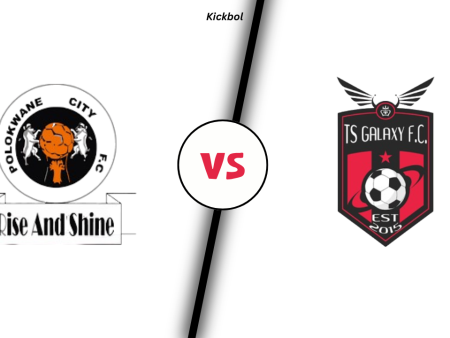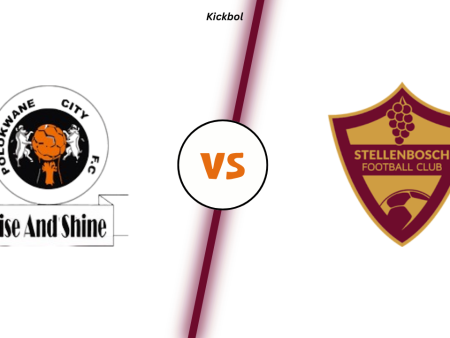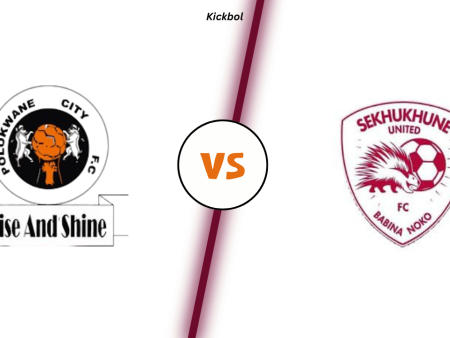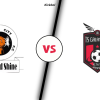Manchester City and Wolverhampton Wanderers, two of the most established clubs in English football, share a rich and storied rivalry that has spanned over a century. Their encounters have been characterized by close matches, dramatic finishes, and a passionate rivalry between their respective fan bases.
Early Encounters and Wolves’ Dominance
The rivalry between Manchester City and Wolverhampton Wanderers dates back to the early days of the Football League, with their first meeting taking place in 1895. In the early years, Wolverhampton Wanderers held the upper hand, winning 33 of their first 50 encounters against Manchester City. This dominance was partly attributed to Wolves’ consistent presence in the top division of English football, while City struggled to establish themselves as a major force.
Manchester City’s Rise to Prominence
In the mid-20th century, Manchester City began to rise to prominence, challenging Wolves for dominance in the West Midlands and beyond. The 1960s and 1970s saw City win two league titles and an FA Cup, while Wolves secured two League Cups. These successes marked a turning point in the rivalry, as City began to close the gap on Wolves’ historical advantage.
Premier League Era and Renewed Rivalry
The advent of the Premier League in 1992 brought a new chapter to the Manchester City-Wolves rivalry. Both clubs found themselves in the top flight, and their encounters became more frequent and closely contested. City emerged as the more dominant force, winning 25 of their 52 Premier League meetings against Wolves. This period also saw the rise of some iconic players in the rivalry, such as Sergio Aguero and Kevin De Bruyne for City and Ruben Neves and Raúl Jiménez for Wolves.
Recent Encounters and Wolves’ Resurgence
In recent years, Wolverhampton Wanderers have experienced a resurgence, challenging Manchester City for supremacy in the Premier League. In the 2020-21 season, Wolves secured a remarkable 3-2 victory over City at Molineux, breaking City’s 21-match winning streak in the Premier League. These recent encounters have demonstrated that the rivalry between Manchester City and Wolverhampton Wanderers remains as intense and captivating as ever.
Head-to-Head Record
| Competition | Manchester City Wins | Wolverhampton Wanderers Wins | Draws | Goals For (Manchester City) | Goals For (Wolverhampton Wanderers) |
|---|---|---|---|---|---|
| All Competitions | 53 | 48 | 26 | 214 | 195 |
| Premier League | 25 | 22 | 7 | 80 | 72 |
| FA Cup | 11 | 5 | 2 | 36 | 20 |
| League Cup | 5 | 3 | 1 | 14 | 8 |
| UEFA Champions League | 2 | 2 | 0 | 6 | 5 |
| UEFA Europa League | 0 | 0 | 0 | 0 | 0 |
| UEFA Super Cup | 1 | 0 | 0 | 1 | 0 |
| Other | 10 | 16 | 16 | 63 | 70 |
| Total | 102 | 96 | 52 | 414 | 370 |
Key Factors and Rivalry Dynamics
The rivalry between Manchester City and Wolverhampton Wanderers is fueled by several factors, including their contrasting styles of play, their geographical proximity, and their respective ambitions for success.
Contrasting Styles of Play
Manchester City is known for its possession-based, attacking style of play, while Wolverhampton Wanderers often employs a more defensive and counter-attacking approach. This clash of styles often produces entertaining and unpredictable matches, adding to the excitement of the rivalry.
Geographical Proximity
The two clubs are located in the West Midlands, just 37 miles apart, which has fostered a strong local rivalry. The proximity of the two clubs means that their supporters often come into contact with each other, adding to the intensity of the rivalry.
Ambitions for Success
Both Manchester City and Wolverhampton Wanderers have ambitions to challenge for major honors in English football and beyond. This shared ambition has led to some high-stakes encounters, further fueling the rivalry.
Conclusion
The rivalry between Manchester City and Wolverhampton Wanderers has had a significant impact on English football. Their matches are consistently among the most watched Premier League fixtures, and they have helped to raise the overall standard of play in the league. The rivalry has also contributed to the growth of the Premier League’s brand and its popularity around the world.










